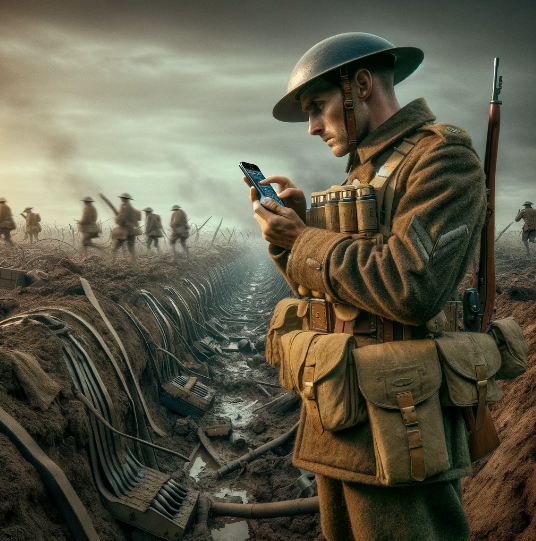Interesting thoughts coming from my reading of the book Masters of the Air, which chronicles the work of the 8th Air Force as it bombed German targets in Europe. I think the book’s description of the bombing of Hamburg is a place to start:
“Within twenty minutes after the raid began, a column of turbulent, heated air rose more than two and a half miles into the night sky. Superheated air raced through the city at speeds in excess of 150 miles per hour, sending terrified people scurrying to air raid cellars, their shirts and dresses lit up like torches. Inside the shelters, thousands suffocated as the voracious fire sucked oxygen out of the atmosphere. The bodies of other victims were baked and reduced to ashes by radiant heat. ‘It was as though they had been placed in a crematorium, which was indeed what each shelter proved to be,’ said a secret German report. ‘The fortunate were those who jumped into the canals and waterways and remained swimming or standing up to their necks in water for hours until the heat should die down.’ Later that night, the oily water in the industrial canals caught fire and people trapped there ‘became insane,’ said one witness.”
Donald Miller, Masters of the Air, p. 181
The description gets worse from there, but I’ll spare you. Suffice it to say though, most on the side of the Allies, though bothered by this, believed the Germans had it coming. You don’t start a war unless you count the cost. The Brits and Yanks made sure the cost was high. That’s one of the benefits of not starting a war.
I’m wondering though if that maxim is losing its punch. Our problem now is that we’ve sanitized war so much that people no longer understand the cost. America has had the luxury of experimenting with its armed forces outside of the realm of war because it really hasn’t had to call upon them for some of the most distasteful work. Now that might sound insulting to those who actually do the fighting – and dying. There’s no doubt that there have been plenty of brave men and women bearing the brunt of our “policy by might.” But when you can do most of your stuff from over the horizon, the real fighters become less the men and women on the ground, slogging it out; but rather, the defense industry that keeps the high-tech necessities of a sanitized war running.

And so, as recruitment numbers plummet, there’s a need to appeal to a broader audience. Standards continually erode, and in some cases, the baby has gone out with the bathwater while people don’t even realize it’s gone yet.
The young American to whom the military may have at one time appealed — someone unafraid of a fight, if it was generally for an American cause – don’t see the point anymore. Many are getting turned off at the idea, generationally so, as relatives that served are no longer telling their children it’s a great option. Tradition is bleeding away, so what is the military getting now? A generation that not only questions why we’re doing anything any way anymore, but also one that’s enforcing its will on their leaders because those leaders need the numbers. In the end, there are no good answers to satisfy them. They don’t get that war is horrific and messy, and that when people are suffering and dying, there are no “time outs.” There comes a point when diplomacy and “international pressure” don’t work, and the only answer is to put even more into the fight. You’d think Ukraine and Gaza would teach us this.
These are just the rambling observations of an old man who doesn’t really have any solutions. Maybe it’ll take World War III for people to come to their senses. When our economy and tech is in shambles because Chinese hackers have crashed our IT and infrastructure and Joe six-pack can’t get his six-pack anymore, people will wake up and pay attention. It’ll take something like that before we all come back to realizing war is actual heck – like history has always taught us. It’s not something of an inconvenience being “fought” by a sliver of a percentage of the population, but something we all have to live through. Will that lead to a rise of our next “greatest generation,” or will there even be enough left who think America is worth fighting for anymore? Honestly, the alternative doesn’t seem very appealing, but sadly, it might take an actual war to find out.
